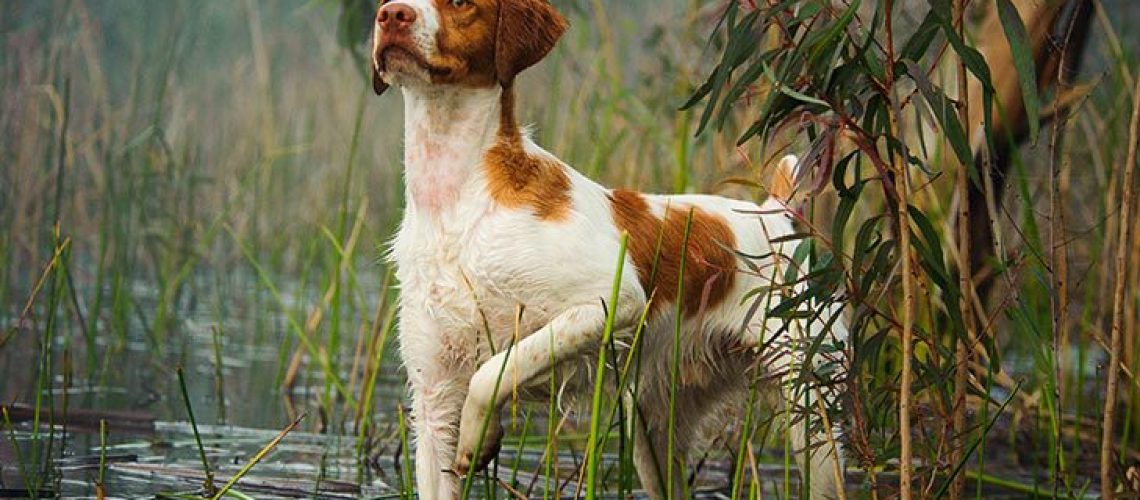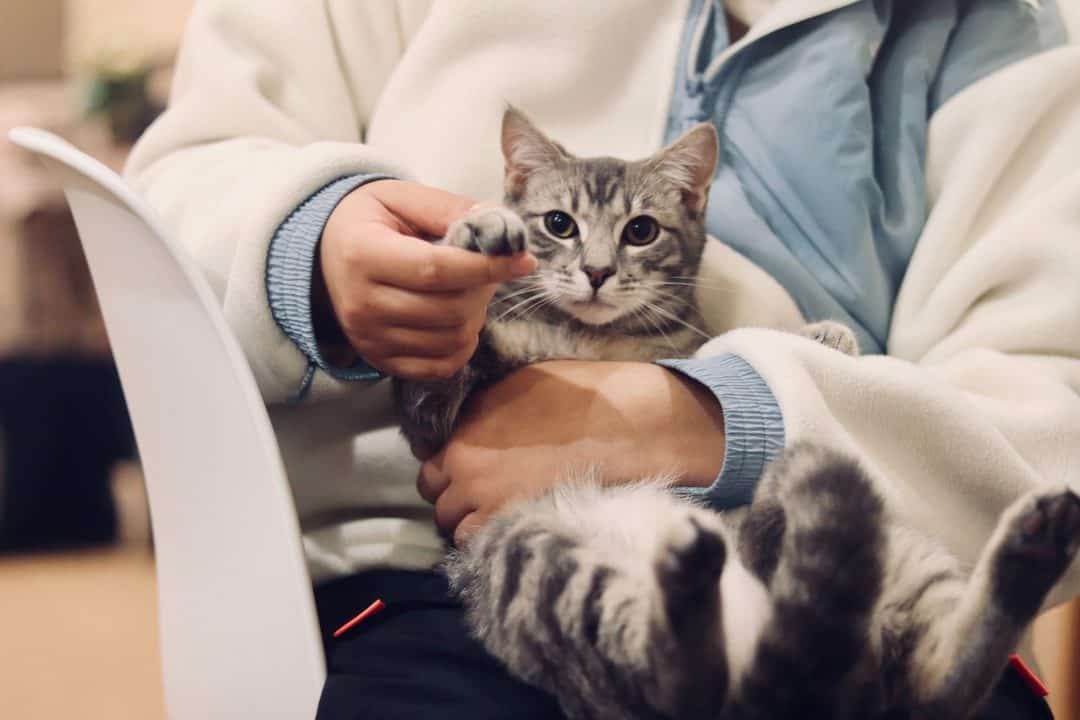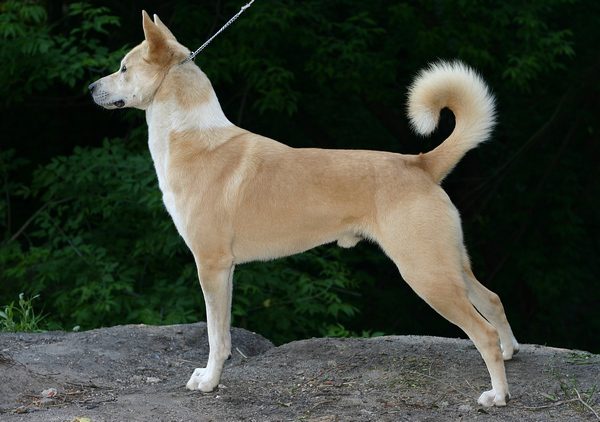Key Takeaways:
- Brittany dogs are high-energy and require ample exercise and mental stimulation to prevent behavioral issues.
- They are intelligent and eager to please, making them highly trainable for various tasks such as hunting or agility sports.
- Brittanys have a friendly and affectionate nature, making them great family pets who get along well with children and other animals.
- The breed has a medium-length coat that requires regular brushing to keep it free from tangles and matting.
- Regular veterinary check-ups, proper nutrition, and dental care are essential for maintaining the overall health of Brittany dogs.
Are you ready to embark on an exciting journey into the world of Brittany dogs? These adorable and intelligent creatures have captured the hearts of many dog lovers around the globe. By learning about their breed characteristics and how to care for them, you'll not only gain valuable knowledge but also discover the joys of having a loyal and affectionate companion by your side. Whether you're considering getting a Brittany or already have one, understanding this topic is essential for providing the best care possible. So, let's dive in and explore everything there is to know about Brittany dogs! Get ready to be amazed by their incredible abilities and discover how to create a loving and nurturing environment for these wonderful furry friends. Let's get started on this fascinating adventure together!
Characteristics of the Brittany Dog Breed
Appearance and Size
The Brittany dog breed is known for its compact yet athletic build. They have a medium-sized body with a well-proportioned head and expressive eyes. Brittanys have a dense coat that can come in various colors, including orange and white, liver and white, or tricolor. They also have a distinctive feathering on their legs and tail. On average, male Brittanys stand about 19-20 inches tall at the shoulder and weigh between 30-40 pounds, while females are slightly smaller.
Temperament and Personality
Brittany dogs are intelligent, energetic, and friendly companions. They are known for their happy-go-lucky attitude and eagerness to please their owners. Brittanys are highly adaptable to different environments and make excellent family pets. They get along well with children, other dogs, and even cats if properly socialized from an early age.
Exercise Needs of a Brittany Dog
High Energy Level
As an active sporting breed, Brittanys require regular exercise to keep them physically and mentally stimulated. They have a lot of energy to burn off! Daily walks or jogs, interactive play sessions, and off-leash activities in secure areas are essential for keeping them happy and healthy.
Mental Stimulation
In addition to physical exercise, Brittany dogs thrive on mental stimulation. Engaging them in activities that challenge their intelligence, such as puzzle toys or obedience training sessions, can help prevent boredom-related behaviors like excessive barking or chewing.
Best Living Environment for a Brittany Dog
A Home with a Yard
Brittany dogs do best in homes with access to a securely fenced yard where they can run and play freely. They have a strong instinct to explore and may be prone to wandering if not properly contained. However, they can also adapt to apartment living as long as their exercise needs are adequately met.
Active Owners
Brittanys thrive in homes with active owners who enjoy outdoor activities. They make excellent companions for individuals or families who love hiking, jogging, or participating in dog sports such as agility or obedience trials. Providing them with regular opportunities for exercise and mental stimulation is crucial for their well-being.
Brittany Dogs and Their Compatibility with Children and Other Pets
Child-Friendly
Brittany dogs are generally good-natured and patient with children, making them great family pets. However, it is essential to teach children how to interact appropriately with dogs and supervise any interactions between young children and the dog to ensure everyone's safety.
Socializing with Other Pets
With proper socialization, Brittany dogs can get along well with other pets in the household, including cats. Early exposure and positive experiences with different animals can help prevent any potential conflicts later on. It's important to introduce new pets gradually and provide plenty of supervision during the initial stages of interaction.
Grooming Needs and Coat Care for Brittany Dogs
Low Maintenance Coat
The Brittany dog breed has a low-maintenance coat that requires minimal grooming. Regular brushing once or twice a week is usually sufficient to keep their coat clean and free from tangles or mats. During shedding seasons, more frequent brushing may be necessary to remove loose hair.
Nail Trimming and Ear Cleaning
Regular nail trimming is essential for Brittany dogs to prevent discomfort or injury caused by overgrown nails. Additionally, weekly ear cleaning helps prevent ear infections since Brittanys have droopy ears that can trap moisture and debris.
Potential Health Issues in Brittany Dogs and How to Prevent/Manage Them
Hip Dysplasia
Brittany dogs may be prone to hip dysplasia, a genetic condition where the hip joint doesn't develop properly. Regular exercise, maintaining a healthy weight, and providing joint supplements recommended by a veterinarian can help manage this condition.
Ear Infections
Due to their droopy ears, Brittany dogs are more susceptible to ear infections. Regular ear cleaning and inspection can help prevent these infections. It's important to consult with a veterinarian if there are signs of redness, swelling, or discharge from the ears.
Tips for Training and Socializing a Brittany Dog
Positive Reinforcement
Brittanys respond well to positive reinforcement training methods. Reward-based training using treats, praise, and playtime motivates them to learn and obey commands. Harsh or punitive training techniques should be avoided as they can damage the bond between the dog and its owner.
Early Socialization
Early socialization is crucial for Brittany dogs to ensure they grow up into well-rounded adults. Introducing them to various people, animals, sounds, and environments from an early age helps them become confident and adaptable companions. Puppy socialization classes or supervised playdates with other friendly dogs can be beneficial in this process.
In conclusion, Brittany dogs are medium-sized and energetic with a friendly and intelligent nature. They require regular exercise, mental stimulation, and proper grooming to stay healthy and happy.
Are Brittany dogs high maintenance?
Although not suitable for inactive individuals, the Brittany is an excellent choice for an active family with children and other pets due to its medium size and athleticism. While they require plenty of physical activity, they are generally low-maintenance in other aspects and are known for their good health.
Are Brittanys good house dogs?
Brittanys can be excellent pets for families who are the right fit for them. They are energetic and form strong bonds with their owners. As long as they receive sufficient exercise, they are loving, patient, and gentle in the home.
What are the temperament issues with Brittany Spaniels?
Failure to provide sufficient exercise for a Brittany dog can lead to the development of behavioral problems like excessive barking, hyperactivity, and destructive chewing. Some Brittany dogs may also experience anxiety, which they may show through chewing and barking. Like all breeds, the Brittany requires appropriate training and socialization.
Are Brittany dogs cuddly?
Do Brittany dogs like to cuddle? The Brittany breed is known for being very affectionate. When properly socialized, these dogs enjoy constant contact and attention from humans.
Are Brittany dogs hard to train?
Brittanys are highly intelligent dogs that are motivated to please their owners. They can be easily trained in basic commands with the use of positive reinforcement, praise, and nutritious dog treats.
What is the average lifespan of a Brittany dog?
Brittany dogs typically live for 12 to 14 years on average, so if you decide to get one as a puppy, you should be prepared for a long-term commitment. They have a double coat, meaning they have two distinct coats with different characteristics.

















